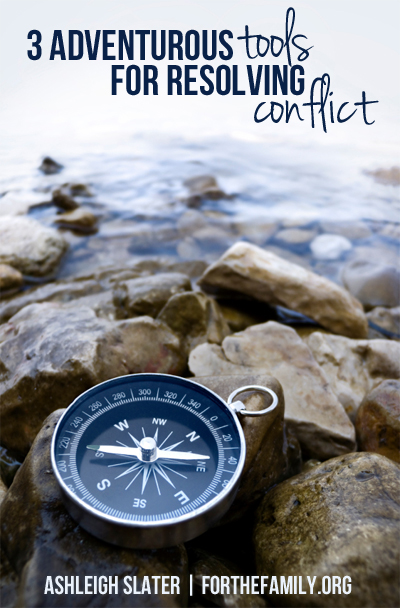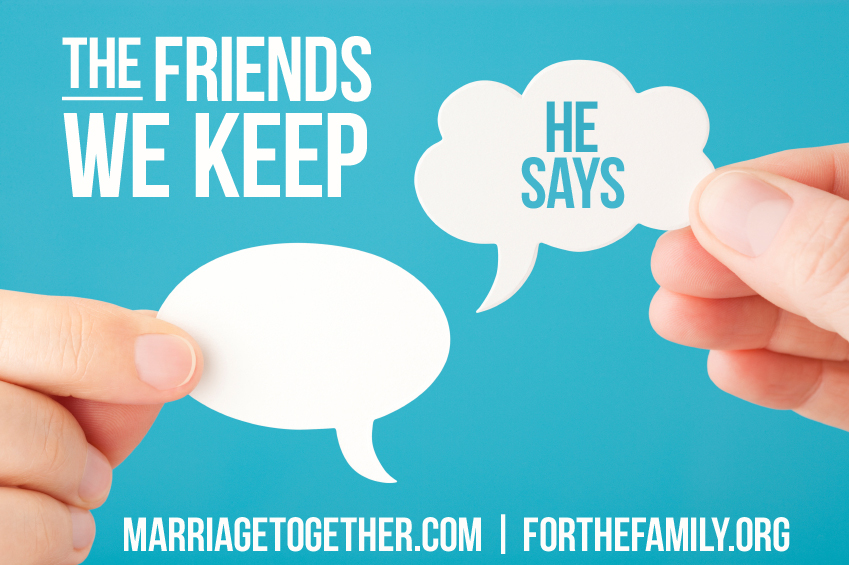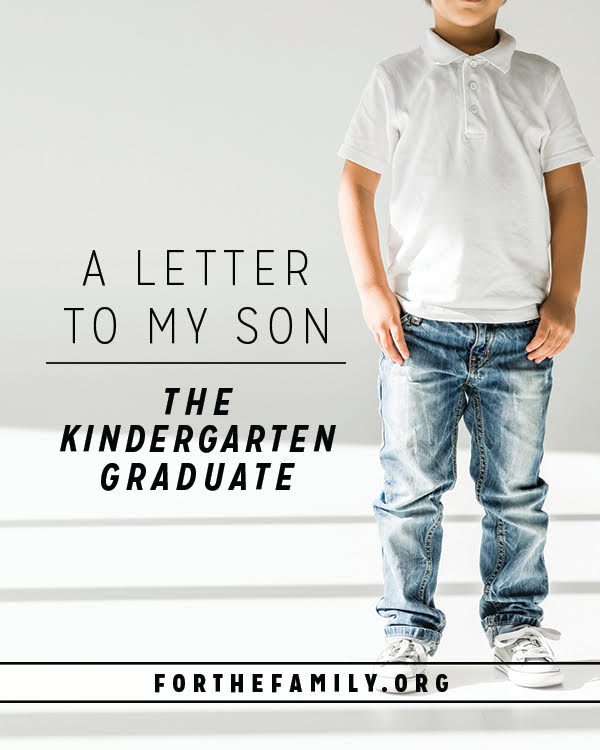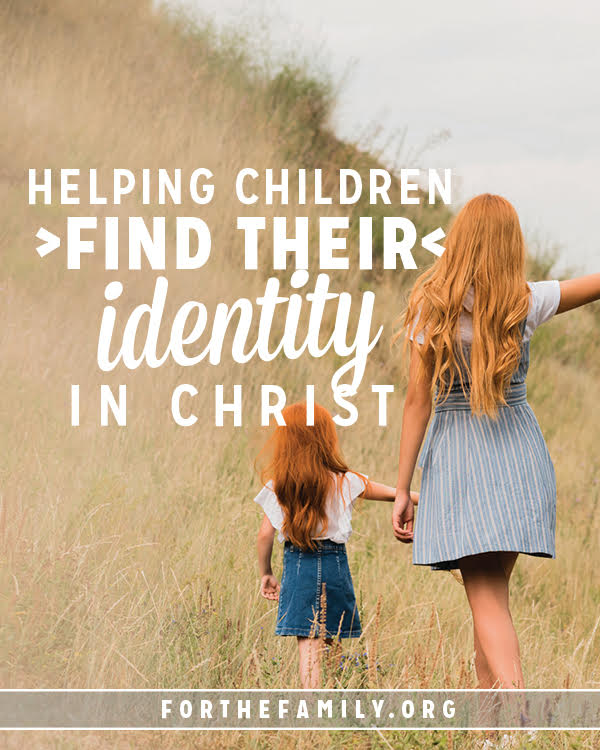If You Want to Know What Your Kids Are Thinking
As my kids grow older, I’m learning it’s harder to uncover their inmost thoughts.
Either because their inmost thoughts are crabby and bound to come out as sass—which they’re wise enough to know will get them in trouble.
Or because they’re embarrassed, confused, or so deeply hurt that their young hearts can’t quite figure out how to broach the subject.
I don’t want my kids to be afraid to talk to me—about anything. But I also want to maintain a level of authority as the grown-up who’s due some respect. So I’ve discovered a solution—a safe place to share raw emotions where nobody gets mad or in trouble.

We call it our “feelings notebook.”
When my elder daughter was in first grade and forming legible sentences without help, I introduced the notebook as a way of sharing special mom/daughter messages, like love letters.
“I am very proud of the big girl you are growing to be,” I wrote in my first entry just two weeks before my girl turned 7.
“Thank you so much for doing this!” she wrote back.
At first it was all very sweet. She wrote notes like, “Thank you for taking kare of me when I wasn’t feeling not so good” and “I want to make a forest out of sidewalk chalk. Will you help me?”
But as the months flew by and her letters took on cursive script, she started sharing her deeper questions. Her frustrations. Her desire to be heard.
“I don’t like it when you and Dad make popcorn after I go to bed because I hear the popping noise and I smell the aroma, and it makes me super jealous!”
“Why won’t you let me have sleepovers? Because there are a lot of other friends that can have sleepovers.”
“I know that I have days when I am grumpy and mad, and today was one of those days.”
And eventually, this one:
“I have several thoughts that I want to share with you, but I am scared to tell you. But I will share them in this journal writing.”
What a gift those written notes have become. They’re like a cracked door into my child’s heart—a chance to hear what she’s afraid to say out loud. Leafing through the notebook’s pages, I noticed my daughter signed nearly every message with this statement: “I hope you can understand.”
She wants to be understood. She wants ME to be the person who knows her best. And thanks to the feelings notebook, I can—in a way that doesn’t require angry confrontation, discipline, or emotional exhaustion. I simply read and respond. Write and invite.
I hold my daughter’s heart in a spiral-bound stack of papers. And it has taught us so much.
Maybe your child isn’t a writer. But will he draw? Read and respond some other way? It could be as simple as offering a color code: draw a red line if you’re angry, a blue line if you’re sad. The feelings notebook is a springboard from which you can launch merciful conversations. It allows tumultuous young questions and emotions to come tumbling out without fear of condemnation. And it invites children to express themselves in a way that also protects their desire to obey God by honoring their Mom and Dad.
I have to admit. That darn feelings notebook has revealed my own blind spots many times. I discover opportunities to improve my parenting when I read about myself through my daughter’s eyes. So no, my husband and I may not allow sleepovers yet. We might not stop popping popcorn at 9 p.m. But you can bet I’m learning to be more sensitive to a child who wants to speak the truth in love, and who wants to be loved no matter what.
Hmm. Sounds like another child I know.
Me.
“Let us then approach God’s throne of grace with confidence, so that we may receive mercy and find grace to help us in our time of need” (Hebrews 4:16).
Blessings,
Becky Kopitzke







This is a wonderful idea. I’d like to start it. Where was the notebook kept? I have three kids so I’m assuming three notebooks. I want my kids to know the book is safe it also accessible. Maybe not to siblings?
Hi, Cheri! We just keep the notebook on a shelf in my daughter’s room. Her little sister has only recently learned to read so up until now privacy has not been an issue. You could most certainly have a special storage place for each notebook where the kids can access theirs but agree to keep their siblings’ books private. I hope this blesses you as much as it has me!
Becky,
I absolutely love this. I am going to start it with my 7 year old. Thank you for sharing and blogging about this today, Looking forward to hearing you next weekend at Church.
Katie
Hi, Katie! That’s how old my daughter was when we started, too – 7. I hope it blesses you! I’m excited about the event at church and I’m so glad you’ll be there! Yay!
We just started this as my son turned seven, six months ago. We call it his “what’s on my mind” book. We don’t always remember it but there have been times it has been amazing. With two younger siblings he can get frustrated when he feels he doesn’t have our full attention. If he leaves his book in our secret place he knows that when we read his message we will be 100% focussed on his words and we promise to talk calmly about whatever we read – good or bad. It gives us a chance to think and pray about our response if we need one and I think has saved me from gut reactions which may not have helped him. So glad to read this here – always affirms me when I find I share techniques!
Fantastic, Sarah! I agree, it’s so affirming to know we’re sharing like-minded solutions and having good results. We’re in the same boat! Blessings to you!
Becky, this is beautiful! Thank you for the suggestion. I’ve been looking for ways to help my six year-old daughter be more open and I’m going to give this a try. Thank you. ~Laura Jane, howtobless.com